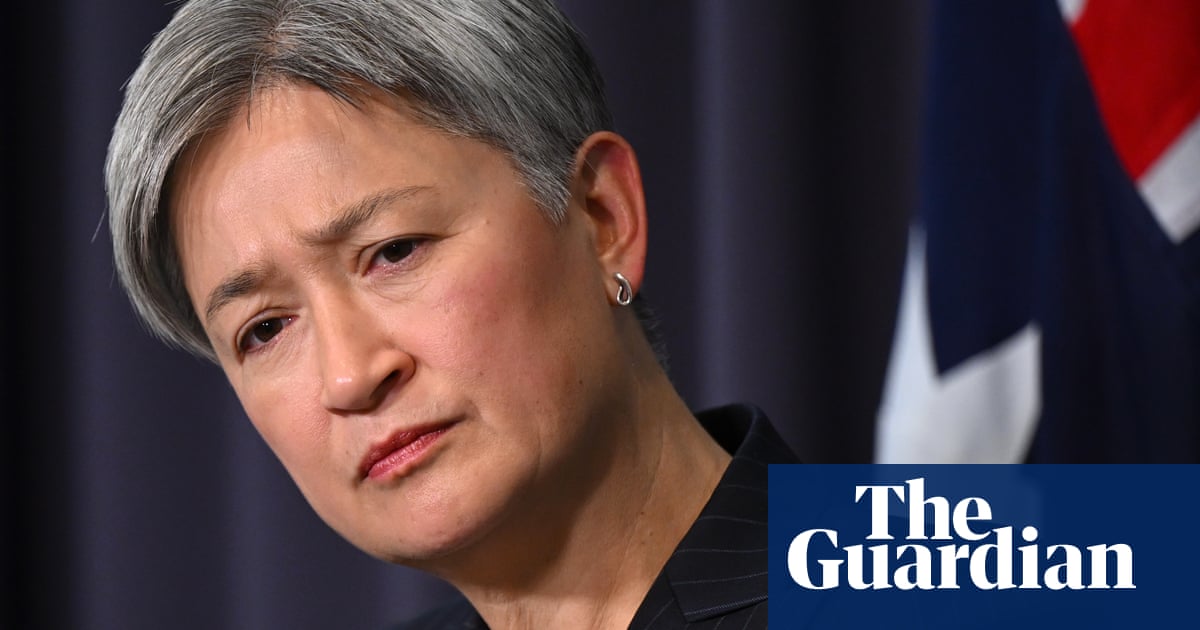Australia has backed Israel’s right to self-defence after strikes on Iranian nuclear operations and military leaders that have sparked a barrage of retaliatory fire.
Iran and Israel have targeted each otherwith missile and airstrikes after the latter launched its biggest-ever air offensive against its long-time foe.
The Australian foreign affairs minister,Penny Wong, said the situation in the Middle East was a “very perilous, risky” situation.
“Israel has a right to self-defence,” she told ABC’s Insiders program on Sunday.
“We knowIranis a threat. We know that its nuclear program poses a threat to international peace and obviously to Israel.”
Wong confirmed she had spoken with her Iranian counterpart and urged his country to “return to diplomacy and dialogue”.
“Continuing to escalate this has consequences for all peoples of the region,” she said.
“That is a position that so many countries in the world are putting to, not only the Iranians, but also to the Israelis.”
Sign up for Guardian Australia’s breaking news email
Australia on Wednesday announcedsanctions would be imposed on two Israeli government ministersover their stance on illegal West Bank settlements, a move done in conjunction with other nations including Canada and the United Kingdom.
But it has widened the nation’s rift with the US over Israel after the secretary of state, Marco Rubio, condemned the measure.
Wong said the decision to break away from the US and sanction senior Netanyahu government ministers wasn’t taken lightly.
Asked if Australia had weakened its influence with both Israel and the US on a two-state solution as a result of the split, the foreign affairs minister said extremist settler violence wasn’t consistent with the aspiration of Palestinian statehood.
“We’re so far from that right now [two-states] but that is why the international community is trying to work together to build this pathway,” she said.
The prime minister,Anthony Albanese, urged Australians in the region to leave amid the escalating conflict.
“It’s obviously a very volatile situation,” he told reporters in Seattle on Saturday local time.
Sign up toBreaking News Australia
Get the most important news as it breaks
after newsletter promotion
Albanese said officials were monitoring the situation but there had been no request for defence involvement.
“Australia does not play a role in this military conflict,” he said.
“I wouldn’t expect that there would be a request for Australia to play a military role, but we will continue to play a role in terms of looking after Australian citizens.”
The Department of Foreign Affairs and Trade is providing assistance to Australians on the ground.
The US was notified about the Israeli strikes in advance but Washington officials have been quick to point out it played no part in the attacks, warning Iran not to target its personnel or interests.
Albanese landed in the US on his way to theG7summit in Canada on Sunday.
He is expected tomeet with a range of global leaders, including the US president Donald Trump, who had been working with Iran on a nuclear deal.
Tariff discussions are expected to take the spotlight but defence talks could also feature after theUS urged Australia to increase defence spendingto 3.5% of GDP.
Australia is already forecast to grow military spending to 2.3% of GDP and Albanese insisted his government would give “whatever capability Australia needs to defend our national interest”.
